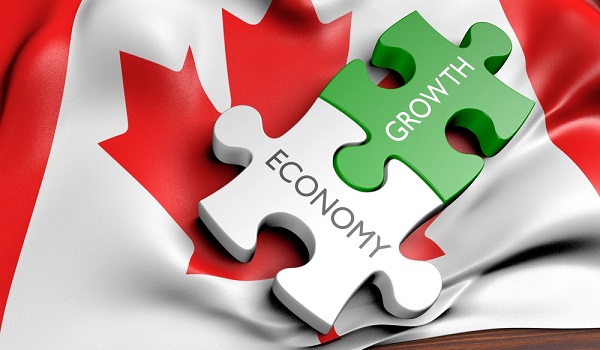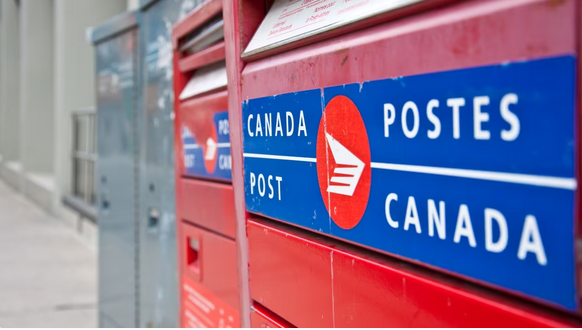Canadian consumer confidence index hits the highest in 2 years as pessimism falls
Pessimism about the Canadian economy is starting to thaw.
The Bloomberg Nanos Canadian Consumer Confidence index — a measure of economic mood — rose to 54 last week, the highest since May 2022. The index gained about three points in the last month. A reading above 50 indicates net positive sentiment.
Every week, Nanos surveys about 250 Canadians for their views on the current state of their personal finances and job security, as well as their outlook for the economy and real estate prices. Bloomberg publishes four-week rolling averages of the 1,000 randomly sampled telephone responses.
Canadians felt better about all these topics last week, based on the net change between positive responses and negative responses. That helped lift the overall confidence index to its two-year high.
The Bank of Canada last Wednesday cut interest rates for the first time in four years, lowering its policy rate by 25 basis points to 4.75 per cent. Most survey responses predate the rate cut, but the central bank’s move was widely anticipated after several months of slowing deceleration.
Despite the recent improvement, views on the current state of affairs remain far bleaker than the average over the data’s history going back to 2008. Canadian households have been struggling, as the country has been in a per-capita recession since 2022 and consumer prices are more than 10 per cent higher than they would be if they’d stayed on their pre-pandemic trend.
Still, future expectations are more positive than average, largely due to widespread bullish real estate sentiment. Asked about the outlook for the economy, the largest group of respondents — 40.5 per cent — see it weakening over the next six months. That’s still pessimistic, but an improvement: the size of the cohort reached highs of 63.8 per cent in 2022 and 52.9 per cent in 2023.
Compared to the national measure, sentiment is more positive in Quebec and Atlantic Canada and weaker in British Columbia, Ontario and the Prairies.
The poll has a margin of error of about 3 percentage points, 19 times out of 20.
This article was first reported by BNN Bloomberg













